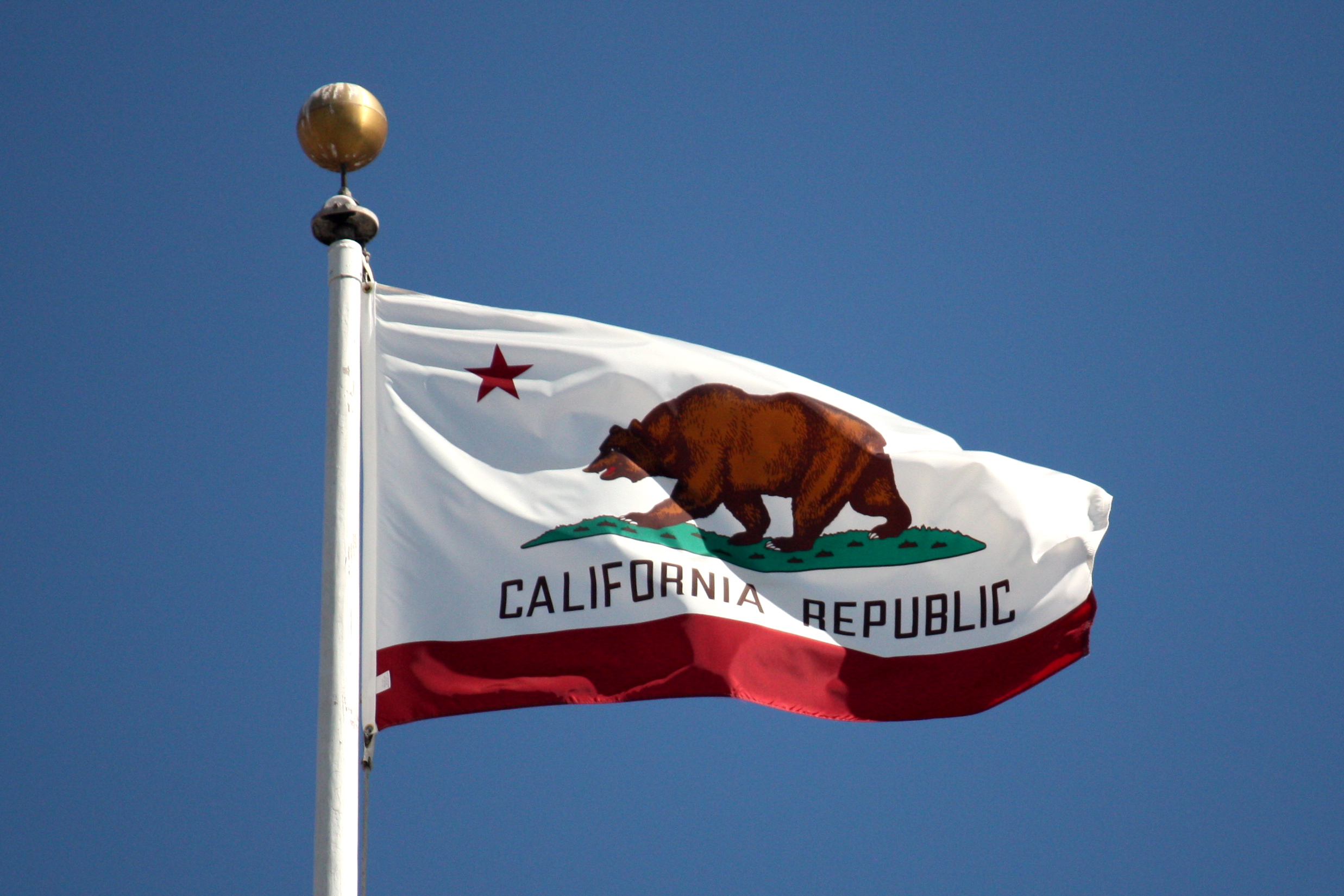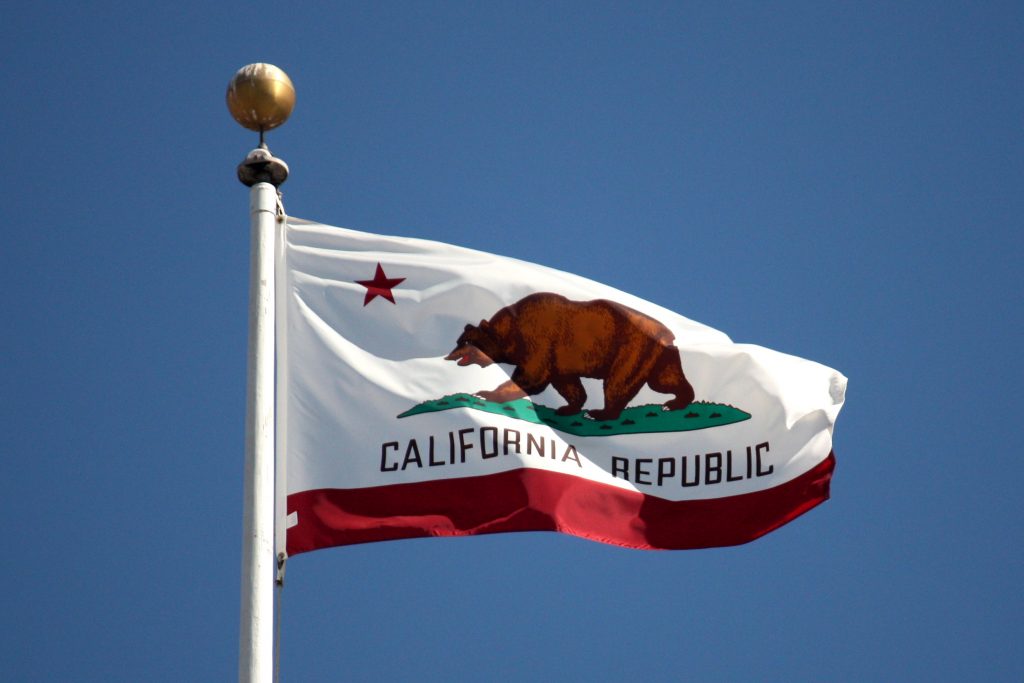In an unprecedented move, California Gov. Jerry Brown pardoned three US veterans who – after serving prison sentences in California – were deported. According to Fusion, the three men – Erasmo Apodaca, Marco Antonio Chavez, and Hector Barajas – all currently live in Mexico. Brown’s full pardon – which came over Easter weekend – doesn’t automatically allow them to return to the United States. But it facilitates any future attempt to re-enter the country.
“Hector Barajas, Erasmo Apodaca, and Marco Antonio Chavez Medina long ago paid their price for their mistakes, but their deportation has been the worse price of all, as they have been permanently separated from their families and the only country they knew,” said Jennie Pasquarella, an American Civil Liberties Union of California senior staff attorney.
Honorably Discharged, Dishonorably Deported – a coalition of advocates and attorneys – called for a pardon on behalf of four men – but for reasons unknown to the group, one of them didn’t receive the pardon.
Apodaca served in the Marines in the early 90s during Operation Desert Storm. In 1996, a judge sentenced him to 10 months in prison after he stole $500 worth of items from an ex-girlfriend’s house. After his sentence, the government deported him. Marco Antonio Chavez also served 10 months in prison in 1998 after an animal cruelty conviction. After serving parole for a year, Chavez – who served on the Marine Corps. for four years – ended up in Mexico.
In the 90s, Héctor Barajas served in the military. After pleading guilty to discharging a firearm, the government deported him in 2004. He snuck back into the country to see his daughter, and the US permanently banned him from re-entering in 2009. 40-year-old Barajas has become the face of the deported veteran. Barajas, who grew up in the US most of his life, found himself in a country he hadn’t seen since childhood. He started the Banished Veterans and the Deported Veterans Support House in Tijuana in 2013, creating a community for those exiled.
Undocumented immigrants end up in the military because of the possibility of serving their country and gaining citizenship. Immigration law allows the U.S. Citizenship and Immigration Services (USCIS) to expedite the citizenship application of servicemen and servicewomen. Recruiters mention this when enlisting new recruits, but the military provides little guidance afterward.
U.S. Citizenship and Immigration Services spokeswoman Arwen FitzGerald told Fusion that in 2009 – years after the government deported the three men – established a program to help undocumented members of the military naturalize. In 2014, USCIS naturalized more than 4,000 military members through the Naturalization at Basic Training Initiative.
But during the almost six year that Barajas served, no one brought up citizenship with him. And when he sought help, he didn’t know where to begin. He turned to the Marine Corps Base Camp Pendleton in San Diego, but the legal offices sent him away.




